Services
TECHNOLOGY
What is a Software Development Technology?
A software development technology, sometimes known as a code generation tool or a code generator, is a software program used by developers to build, maintain, modify, support, and debug other programs, frameworks, or applications.
There are hundreds and thousands of software technologies available in the market right now. It’s possible that choosing the right one might be a difficult task. There are many factors to consider when selecting the appropriate software development technology. However, the software development technology must be chosen based on the project type.
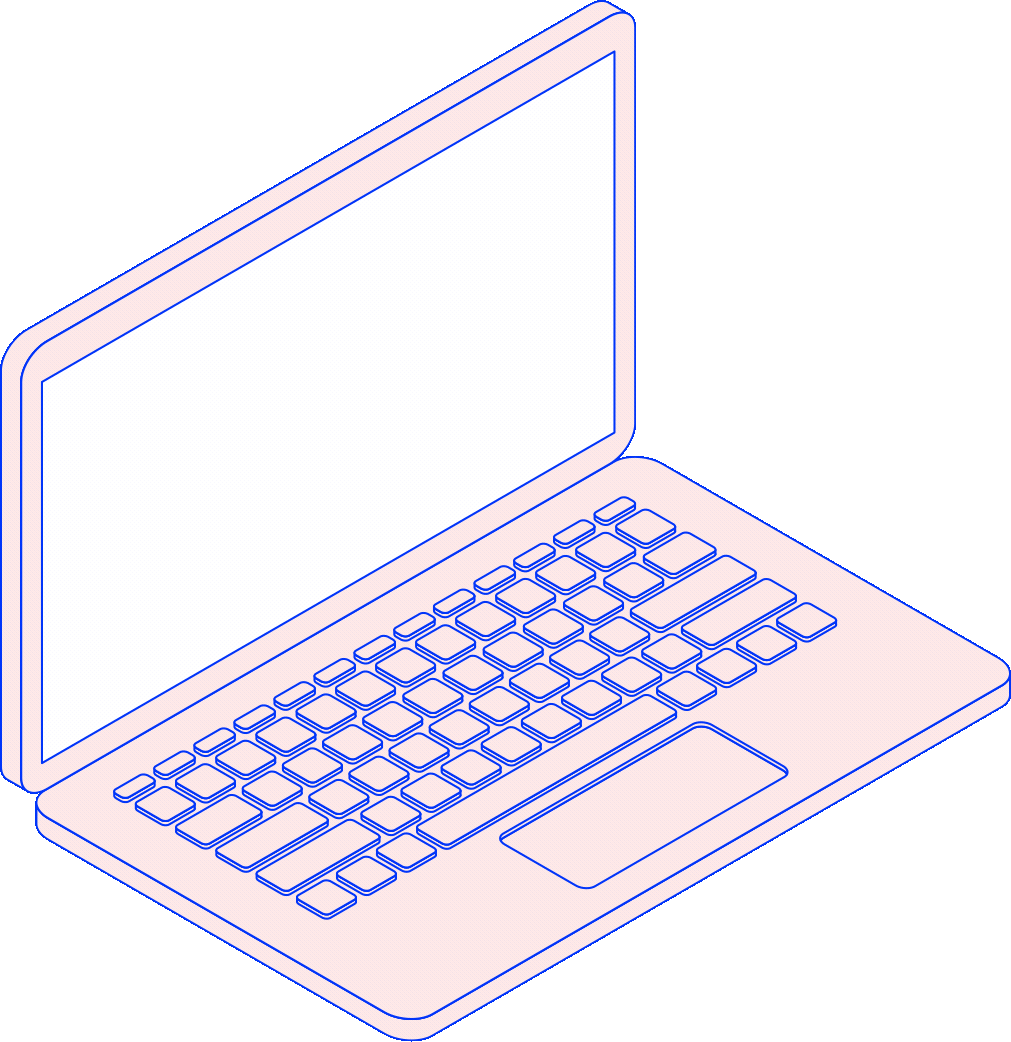
CREATE A COHESIVE SOFTWARE ECOSYSTEM
Systems Integration

SYSTEMS INTEGRATION AT A GLANCE
The Many Benefits of Systems Integration
Systems integration is the process of bringing all of your various subsystems together into one cohesive unit. CRMs, CMSs, ERPs, cloud architectures… having all of these integrated into one system offers businesses a lot of benefits. An integrated system accelerates your time to market, decreases storage costs, and generally keeps your bottom line down. It also boosts your security protocols and simplifies maintenance and future release meaning your product runs smoother longer with fewer interruptions.
AUTOMATED INTEGRATION
An Efficient Approach to Enterprise Integration
For enterprises trying to deliver on business goals at scale, a traditional integration approach can be a major roadblock. They typically come with high maintenance requirements and lack the standardization and reusability that an enterprise organization demands. But by taking an automated integration approach, you’ll see fewer maintenance tasks, increased efficiency and scalability, and higher speed with fewer errors.

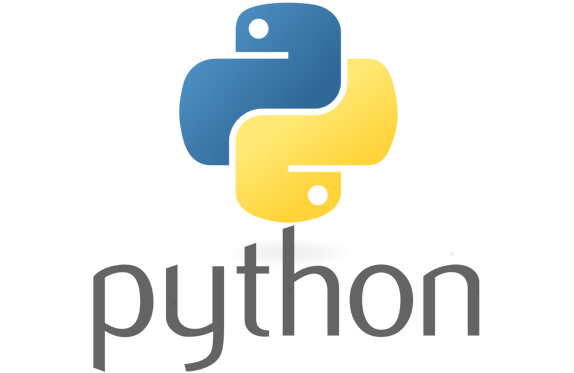
1. Python
Because of its incredible simplicity and ease of use, Python has established itself as the technology of choice for machine learning applications over the years. With over 28 percent of the PYPL share, it ranks first as the most widely studied language technology.
So if you’re considering adding AI capabilities to your company’s IT ecosystem, you should probably add Python to your technology stack. Python is used to create 2D imaging and 3D animation software apps like Blender, Inkscape, and Autodesk.
It is also used to develop well-known video games, including Civilization IV, Vegas Trike, and Toontown. Python is used in scientific and computational applications like FreeCAD and Abacus and prominent websites like YouTube, Quora, Pinterest, and Instagram.
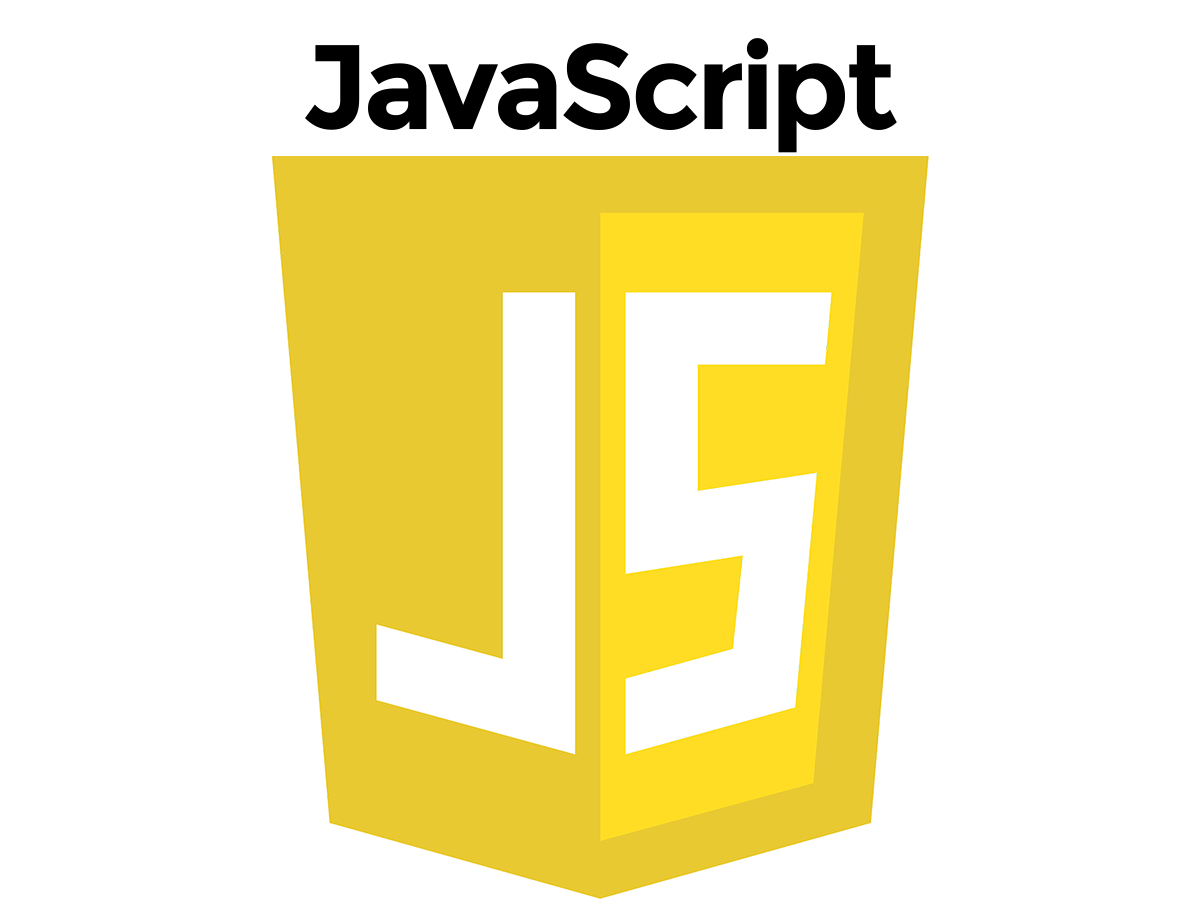
2. JavaScript
JavaScript is a popular programming technology for websites and mobile applications. Node.js allows the creation of browser-based apps that do not need to be downloaded. JavaScript is the second most popular language, with a good share of 20 percent.
JavaScript is an object-oriented language primarily used in web development and dynamic content creation. However, alongside modern frameworks like Facebook’s React Native, it can also be used to create great games, PWAs, and cross-platform mobile apps.
It’s not surprising to see JavaScript, HTML, and CSS in the top 10 since they form the basis of the vast majority of what users see and experience on the internet and on their mobile devices, which powers everything from simple websites to complex web applications. Businesses today use them as frontline productivity tools.
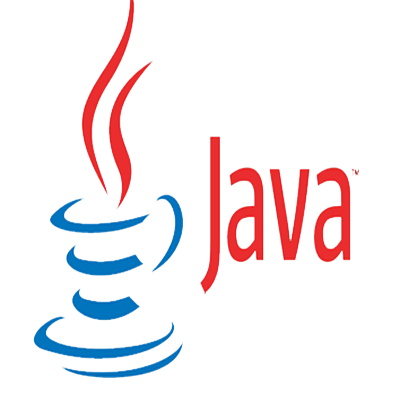
3. Java
Java is the language most frequently associated with creating client-server applications, which are utilized by businesses worldwide.
Thanks to JVM (Java Virtual Machine), this general-purpose programming language with a hierarchical, object-oriented architecture has become the industry standard for apps that can be used on any platform like Mac, Windows, iOS, Android, and many more because of its Write Once, Run Anywhere (WORA) capabilities.
Java has been the technology of choice for the company for several years, despite the recently changed license terms.
Java has been the technology of choice for the company for several years, despite the recently changed license terms. As a true veteran of the software community, Java is better suited to helping businesses aiming for longevity.
It is likely to find Java developers today as you are ten years from now. Because of its flexibility, SPG endorses unreservedly for web projects, enterprise resource planning (ERP) software, and customer relationship management (CRM) systems.
It is among the most popular programming languages used to create Android applications. Java is always worth looking for new alternatives (like Kotlin or Flutter) as technology is constantly changing, which can benefit your long-term strategy.
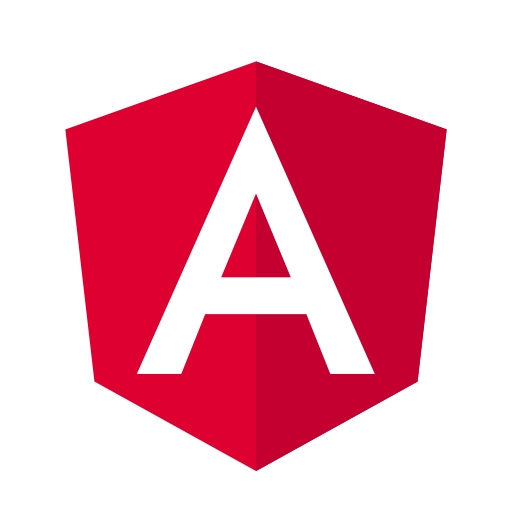
4. AngularJS
Google developed AngularJS, a JavaScript Model-View-View-Model (MVVM) framework that is excellent for building highly interactive web apps.
AngularJS is reliable and pretty comprehensive. It has the hype of Google and is a complete solution that can be run in any browser environment regardless of platform. So if you know MVC or Knockout or Cappuccino, learning Angular’s Testing API is easy.
If you consider community support, no other JavaScript framework can beat AngularJS and help fix bugs and coding problems.

5. PHP
PHP, sometimes referred to as hypertext preprocessor, is a server-side programming language and is popular among web developers because of its ability to easily create simple websites. It’s a vital back-end tool for large companies like Wikipedia, Facebook, and Yahoo.
It’s also famous for its role in the WordPress content management system. This language is one of the most popular software development technologies on the internet, with over 80% of all websites constructed. PHP is also used to create many websites, including Facebook and Yahoo.
This language may also be used to write command-line programs by experts in high-level PHP coding, and it can also be used to create desktop apps by skilled PHP coders.
PHP is still widely used and considered a good language for beginners in programming languages. PHP experts have several specialized online forums and communities where they can get assistance and answers to questions.
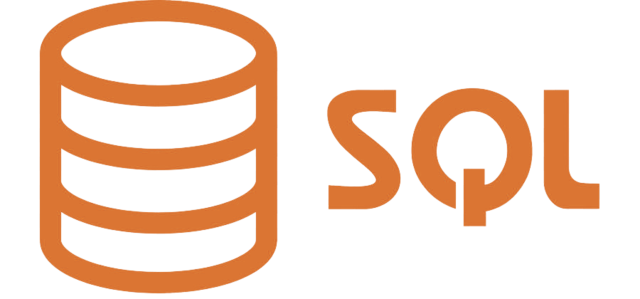
6. SQL
SQL is a programming language popularly used for updating, retrieving, and manipulating databases. Almost every app has a back-end database, and SQL helps them interact with the data in those databases.
Technically, it is not a programming language because it lacks the essential functions of the programming language, such as loops. Nevertheless, this capability can be achieved with extensions such as PL/SQL. According to the American National Standards Institute (ANSI), SQL is the relational database management system standard.

7. C#
Pronounced C Sharp is an object-oriented language technology built on C. It is the leading software development language for native Microsoft applications. It’s also the primary reference language for developing cross-platform apps on the Xamarin platform.
Using Xamarin and C# together saves time because you can write a single application using both technologies and deploy them simultaneously. If you are interested in VR development, consider learning C# as it is the recommended language for creating video games.
It is most suited for use on Windows, Android, and iOS because it uses the included development environment product, Microsoft Visual C++. Many prominent websites, such as Bing, Dell, Visual Studio, and MarketWatch use C# language on the back-end.
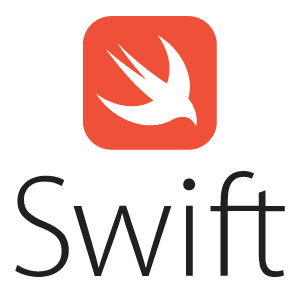
8. Swift
Swift, which Apple initially released in 2014 to take the place of declining Objective-C, is no longer an option to the technology because it is the native language of iOS, macOS, watchOS, and tvOS apps.
As a result, despite repeated attempts by Apple to make it a multipurpose programming language, and while it is undoubtedly highly reliable, its use remains somewhat limited. Like many other modern software development technologies, Swift has a very readable syntax that runs code quickly, and it may be used to create both client-side and server-side apps.

9. Kotlin
JetBrains first introduced Kotlin in 2011 as a general-purpose programming language designed and released as Project Kotlin. The first version was formally released in 2016. It’s compatible with Java and supports functional programming languages, among other things.
Thanks to the current Google vs. Oracle saga, Kotlin is also trending, a great alternative to Java when developing software applications for android devices. Not only is it open-source, but it is also officially supported by Google; it can use all Java libraries and frameworks, it can speed up development tasks significantly, and it can be used to generate higher-quality code.
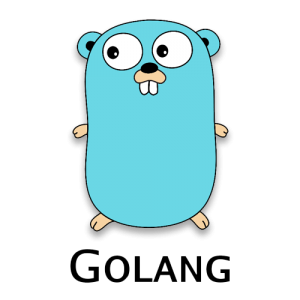
10. Go
Google created the Go language in 2007 for APIs and web applications. Go is gaining popularity as one of the fastest programming languages and can handle multicore and networked systems with massive codebases.
Go’s memory, and disk footprint are minimal, making it perform better than most programming languages listed so far. For this reason, Go would be an excellent replacement for Java, especially for microservices.
At the same time, if you lack computing resources or your product could be called time-sensitive (projects that use blockchain or cryptocurrencies would be perfect examples), Go would perfectly meet the requirements.
Go is a programming language most often used for apps that require a lot of data processing. Google, Uber, Twitch, Dropbox, and many other American companies are among those that use Go as their software development technology. Go is also becoming more popular among data scientists due to its agility and performance.